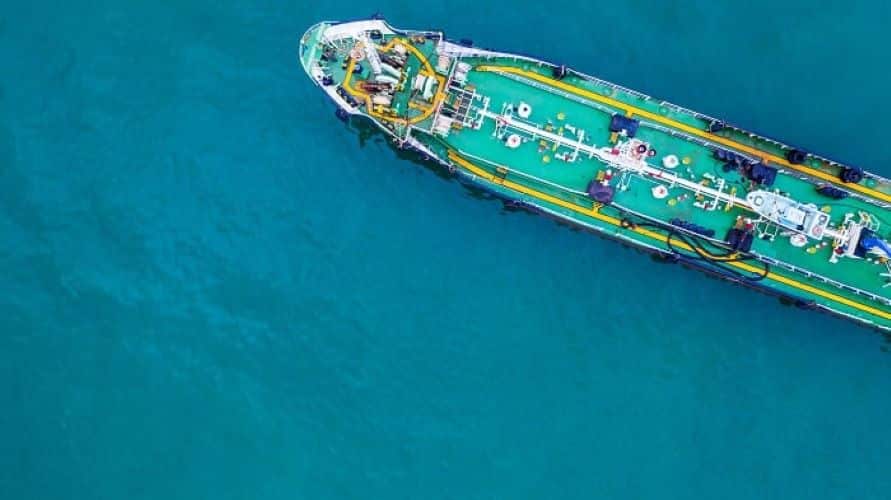Shipping Industry Pushes for Greenhouse Gas Pricing

The International Chamber of Shipping (ICS) has taken a significant step towards achieving net-zero greenhouse gas (GHG) emissions from international shipping by 2050. In collaboration with 47 governments, the ICS has submitted a joint proposal to the United Nations’ International Maritime Organization (IMO). This proposal aims to establish a pricing mechanism for GHG emissions in the shipping sector. Supported by major shipping nations and various flag states, this initiative seeks to create a sustainable future for maritime transport.
Global Support for GHG Emission Pricing
The joint submission has garnered support from a diverse coalition of countries, including Greece, Japan, South Korea, and the United Kingdom. Additionally, it includes backing from prominent flag states such as the Bahamas, Liberia, Marshall Islands, and Panama. The European Union and its member states, along with African nations like Nigeria and Kenya, have also joined this effort. Small Island Developing States from the Caribbean and the Pacific are part of this broad coalition as well.
The proposal outlines amendments to the IMO MARPOL Convention. These amendments would require shipping companies engaged in international voyages to contribute to a new “IMO GHG Strategy Implementation Fund” based on their GHG emissions. The primary goal of this mandatory charge is to bridge the cost gap between conventional marine fuels and zero or near-zero GHG emission fuels, such as green methanol, ammonia, and hydrogen. By doing so, the initiative aims to accelerate the adoption of these sustainable energy sources.
Revenue generated from this GHG charge will serve multiple purposes. It will reward the production and use of zero-emission fuels while also providing substantial financial support to developing countries in their efforts to reduce maritime GHG emissions. This dual approach not only incentivizes cleaner energy but also fosters global cooperation in addressing climate change.
A Pragmatic Solution for the Shipping Industry
Guy Platten, Secretary General of the International Chamber of Shipping, expressed strong support for the proposed GHG pricing mechanism. He emphasized that this initiative represents a pragmatic solution to incentivize a rapid energy transition in the shipping industry. Platten noted that the broad coalition of nations backing this proposal reflects a unified approach to maritime carbon charging.
While many governments endorse a universal flat rate GHG contribution for ships, some remain concerned. The ICS is committed to working collaboratively with all IMO member states to address these concerns during the final stages of negotiations. The upcoming IMO meeting in February 2025 will be crucial in determining the fate of this regulatory proposal.
If approved, the MARPOL amendments could come into effect globally by early 2027, with the collection of annual GHG contributions from ships starting in 2028. This timeline underscores the urgency of the initiative and the shipping industry’s commitment to reducing its environmental impact.
In conclusion, the joint submission by the ICS and 47 governments marks a pivotal moment in the quest for sustainable shipping. By establishing a GHG pricing mechanism, the maritime industry aims to transition towards greener energy sources while supporting global efforts to combat climate change.
